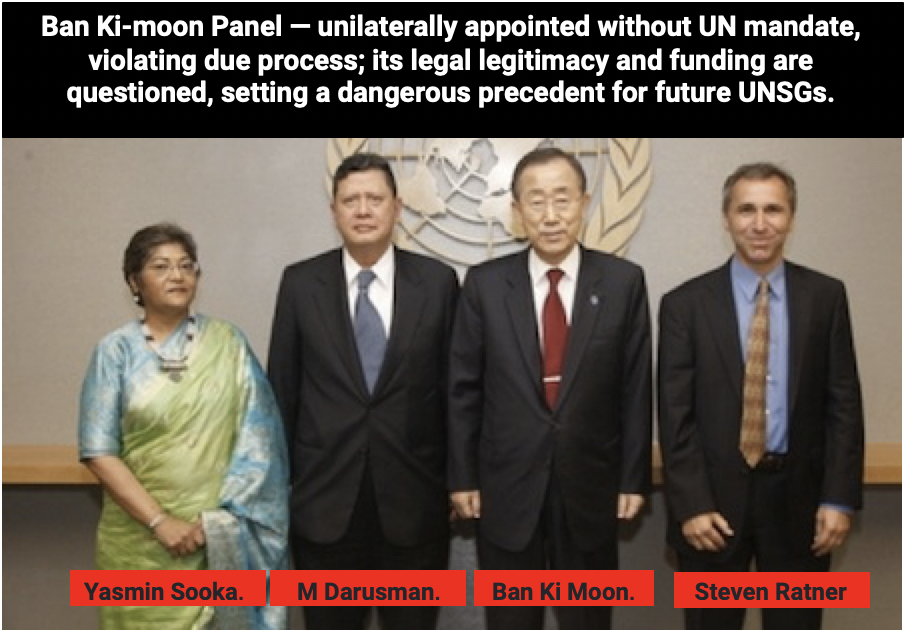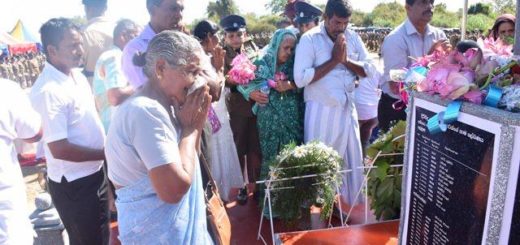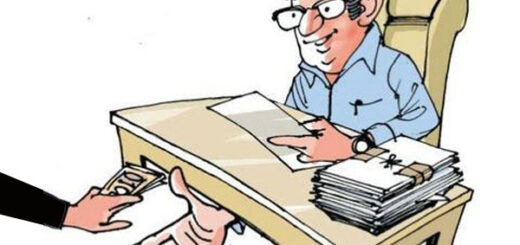Open Letter: Darusman Report on Sri Lanka is the 1st unmandated panel by a UN Secretary General since 1945 & sets a precedent threatening all Nations

To:
- United Nations Secretary-General (UNSG)
- United Nations Human Rights Council (UNHRC)
- Office of the High Commissioner for Human Rights (OHCHR)
- President of the United Nations General Assembly (UNGA)
- President of the United Nations Security Council (UNSC)
- Respected Members of the United Nations
As a concerned citizen of Sri Lanka, I would like to question the continued use and legitimization of the “Darusman Report”—a document commissioned unilaterally by then-UN Secretary-General Ban Ki-moon on 22 June 2010, without any mandate from the Security Council, General Assembly, Human Rights Council, or OHCHR. This action has set a dangerous precedent: a first in UN history since 1945 that a Secretary-General appointed a panel of inquiry against a member state without oversight from any principal organ of the United Nations, leaked the report & became the basis for successive intrusive resolutions against Sri Lanka.
Ironically, the appointment came weeks after Sri Lanka initiated its own domestic reconciliation process through the Lessons Learnt and Reconciliation Commission (LLRC) on 15 May 2010. On 22 June 2010 UNSG Ban Ki Moon appoints a personally commissioned panel. The critical question: Why was no such panel appointed during Sri Lanka’s 30-year conflict, and why only after it ended? Why was the UNSG ignoring ongoing high-intensity conflicts in Iraq, Afghanistan, Yemen, and Gaza.
1. Unauthorized and Unilateral Action
In 2011, a UN spokesperson stated clearly: “The Panel of Experts report is not a fact-finding or investigation, and it is not a United Nations report.”
If it is not a UN report:
- Who authorized it & how did it be “legitimized” within the UN system?
- How did it become the foundation for UNHRC resolutions and OHCHR statements/investigation against Sri Lanka?
2. Financial Irregularities: Who Funded the Panel?
If the panel was not a UN-mandated body, how was it funded?
Evidence suggests it was financed by the Executive Office of the Secretary-General (EOSG).
We then ask:
- Can UN funds be used for non-mandated personal initiatives?
- Did Member States approve this expenditure?
- Is there UN financial oversight & budgetary protocols – have these been violated? Has a financial misconduct taken place in allocating funds for this panel?
3. Violations of Due Process and Sovereignty The report was drafted in secrecy:
- Sri Lanka was denied participation, right of response, or cross-examination of witnesses.
- Evidence was sealed for 30 years – truth will take 30 years & be too late.
This breaches core UN and international legal standards:
- Article 10 UDHR (fair hearing)
- Article 14 ICCPR (fair trial)
- Article 2(7) UN Charter (non-intervention)
- Article 100 UN Charter (neutrality of the Secretary-General)
4. Selective Targeting and Distorted Narrative
Nnearly 300,000 civilians were rescued by Sri Lankan forces from LTTE captivity, one of the world’s biggest rescue operations conducted alongside hostilities. Yet, these humanitarian efforts were ignored, while unverified casualty figures were promoted.
No mention was made of:
- LTTE’s use of civilians as human shields or hostages
- Summary executions of Tamils attempting to flee – number of such fatalities that LTTE must be held accountable for.
- Sri Lanka’s rehabilitation and reintegration of former child soldiers & presidential pardon of 594 child soldiers the first such pardon globally.
5. UNSG’s Action – Precedent with Global Implications
This action sets a precedent allowing future Secretary-Generals to:
- Unilaterally investigate targeted member states,
- Use unapproved UN funds for unauthorized activities,
- Weaponize private reports within the UN framework without checks or due process & threaten sovereignty of states.
This is a serious threat to the principle of sovereign equality that UN vouched to protect.
6. Demand for Investigation and Remedy
Given the nature and implications of this breach, some serious steps needs to be taken:
- The UN General Assembly must initiate a formal review of the actions of former Secretary-General Ban Ki-moon, particularly the unauthorized appointment of the Darusman Panel.
- An internal audit by the UN Board of Auditors must be conducted into the use of UN funds for the Darusman Panel, to determine whether financial impropriety or budgetary overreach occurred.
- The Office of Internal Oversight Services (OIOS) and the UN Ethics Office should examine the accountability gaps within the Executive Office of the Secretary-General that allowed an unmandated panel to be constituted.
- Based on the findings of the above, the current UN Secretary-General should issue:
- An official clarification that the Darusman Report holds no legal or institutional standing;
- A formal nullification of the Darusman Panel and its conclusions;
- A public apology to the Government and People of Sri Lanka for the procedural and institutional violations caused since 2012.
- The UN Human Rights Council (UNHRC) must cease all references to the Darusman Report in any mechanism, resolution, or recommendation concerning Sri Lanka.
- Since several UNHRC resolutions against Sri Lanka were founded on this unauthorized report, and without legal standing or due process, Member States must move to rescind and invalidate those resolutions. This action is necessary to uphold the principles of fairness, sovereign equality, and non-intervention as enshrined in the UN Charter. If left unaddressed, this precedent risk being used politically against other nations in future.
Sri Lanka’s sovereignty has been unfairly targeted through politicized and extrajudicial actions. The UN Human Rights Council (UNHRC) has used the unauthorized Darusman Report and successive resolutions to intrude upon the internal affairs of a sovereign Member State. These resolutions have overstepped the bounds of human rights mandates by demanding judicial reforms, constitutional amendments, administrative restructuring, and even military downsizing and closure of military establishments—areas strictly within the domestic jurisdiction of a sovereign nation.
Furthermore, the Core Group initially the US & now UK, sponsoring these resolutions have acted beyond the scope of international legal norms by imposing unilateral sanctions on select Sri Lankan military officials and issuing travel advisories that stigmatize national defenders & their families based on unsubstantiated and unverified claims.
These actions not only breach the principle of non-intervention enshrined in Article 2(7) of the UN Charter, but also erode the foundational principle of sovereign equality among Member States.
This precedent threatens every Member State and erodes the foundational principles of the United Nations. If the UN is to retain the trust of nations, it must begin by adhering to its own Charter and ensuring that no official, past or present, is above scrutiny.
“When one finger is pointed at another, four point back.”
The United Nations and its affiliated bodies have much to reflect upon.
Accountability, transparency, and integrity of their own conduct before passing judgment on Member States.
Selective scrutiny and politicized actions not only undermine the credibility of the UN system but expose it to the very criticism it alleges to others.
Shenali D Waduge
Citizen of Sri Lanka







